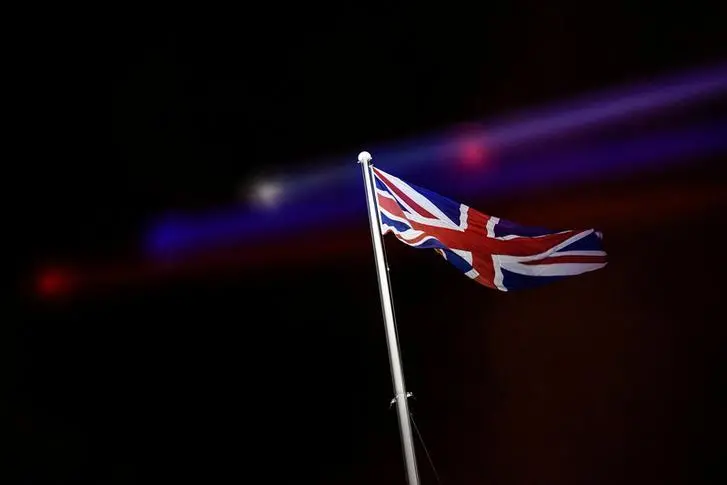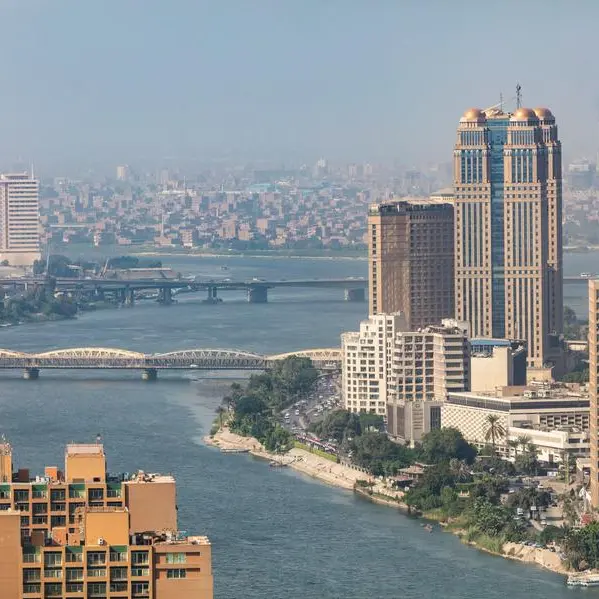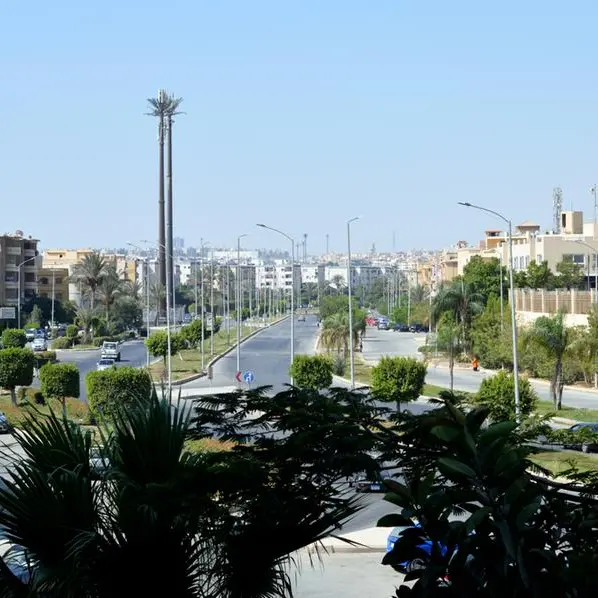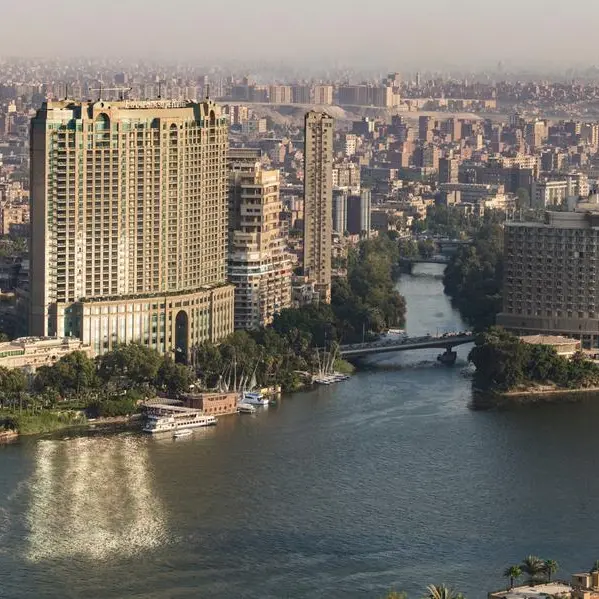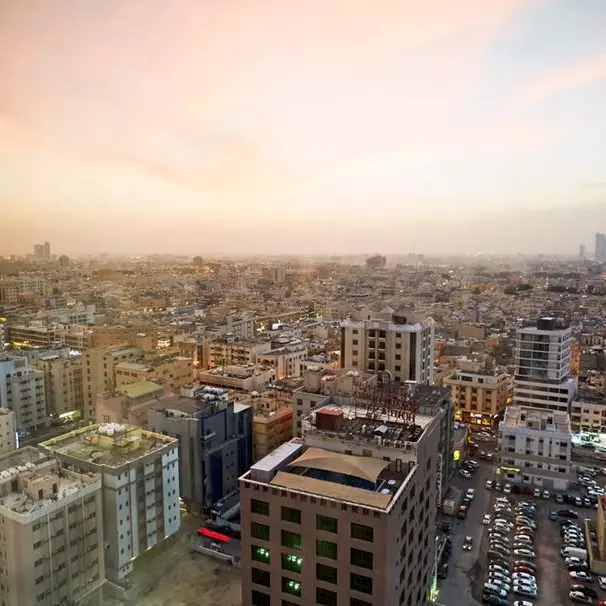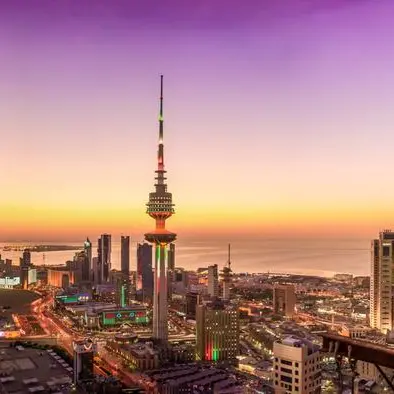PHOTO
Despite pandemic woes, the UK’s new foreign secretary convened a meeting with Gulf Cooperation Council foreign ministers on Monday. The timing indicates the urgency with which the UK regards the GCC region geopolitically and economically.
Ever since the two sides established their “strategic partnership” in December 2016, they have sought to build a close partnership. The words of then Prime Minister Theresa May, who said that GCC security and prosperity were synonymous with the UK’s security and prosperity, have resonated loudly in the Gulf ever since. Recent geopolitical shifts in the region have made that partnership all the more important.
This week’s meeting was held under very strict pandemic rules at Chevening in Kent, the traditional country residence of British foreign secretaries, and was an antidote to the slowdown imposed by the pandemic over the past two years. Frequent online and in-person meetings have yielded good results on several fronts, paving the way for a productive ministerial event. It came exactly 50 years after Britain left the Gulf in December 1971 and a year after Brexit. As the UK extricated itself from the EU, it has sought to renew its historical ties with GCC countries and other traditional partners.
The ministers discussed three main issues: political and security cooperation, trade and investment, and climate change. On political and security matters, the two sides see eye to eye on almost all issues. On Iran, they discussed the Joint Comprehensive Plan of Action talks in Vienna and underlined that this is the last opportunity to restore the deal as Iran’s continued nuclear escalation is permanently eroding the benefits of the deal. They urged Iran to seize the current diplomatic opportunity to avoid bringing the region and international community to a crisis point.
The foreign ministers did not mince words when it came to the escalation in Iran’s destabilizing activities in the region and called on Tehran to abide by international norms, respect its neighbors’ sovereignty and territorial integrity, and refrain from supporting terrorism and sectarian militias.
On Iraq, the ministers sent a message of support and provided a shared vision for the stability and prosperity of the country, especially in light of the successful management of recent elections, the growing GCC-Iraq partnership and Iraq’s increased regional integration.
On Yemen, the ministers called for a swift end to the conflict through a political process and negotiations facilitated by the UN. They strongly condemned the Houthis’ repeated attacks against civilians in Saudi Arabia and Yemen and are seeking to prevent the resupply of weapons to the Houthis and their allies, a contravention of UN Security Council Resolution 2216.
The Monday meeting in Chevening came a day after an emergency ministerial meeting of the Organization of Islamic Cooperation held in Pakistan on Dec. 19, 2021 to discuss the Afghan crisis. The GCC and UK foreign ministers endorsed some of the key outcomes of the OIC meeting, including the creation of a trust fund for humanitarian assistance to Afghanistan under the auspices of the Islamic Development Bank and the appointment of a special envoy for Afghanistan. They also called on the international community to ensure the unimpeded delivery of aid and other funds necessary for basic services, such as schools and hospitals, and to urgently respond to the humanitarian needs of the Afghan people, including refugees and internally displaced persons. They called on the Taliban to meet their commitments on counterterrorism by not allowing any terrorist group to train, organize or fundraise in Afghanistan, and preventing foreign fighters from entering the country.
On Palestine, the ministers expressed support for a “two-state solution that meets the legitimate aspirations of the Palestinian people, safeguards Israel’s security, and is based on 1967 lines” with Jerusalem as the shared capital of both states.
On Libya, the two sides also saw eye to eye, voicing support for the upcoming elections and calling for the withdrawal of all foreign fighters, foreign forces and mercenaries without delay.
The UK and GCC member states share an important strategic security relationship and a strong commitment to address threats and safeguard security in the region. The Chevening meeting took note of the existing close cooperation on defense issues and stressed the need to uphold freedom of navigation and respect the sovereignty and territorial integrity of states in the region.
On trade and investment, there is a shared eagerness to upgrade their current ties. Last year, two-way trade exceeded $40 billion, a sizable sum, but experts on both sides believe it can be raised significantly. A joint review concluded earlier this year that creating a GCC-UK free trade area would be mutually beneficial. Formal rounds of trade negotiations are expected to start shortly with that goal in mind.
The Chevening meeting approached two new areas of cooperation: GCC-UK investment in third countries and climate change. On the former, the ministers agreed that scaling up “high standard, transparent and reliable investment” in low- and middle-income countries was a key ingredient in promoting sustainable growth and fighting climate change. They agreed to work together to identify opportunities for joint investment in infrastructure and clean technology in the developing world, develop mechanisms for strong partnerships on these issues and work together to develop a pipeline of potential joint investment projects. They welcomed the ambitious five-year strategy and enlarged remit of rebranded British Investment International, the UK’s development finance institution. BII will play a central role in the UK government’s offer to help developing and emerging countries meet their financing needs for infrastructure and enterprise.
On climate change, the ministers recognized recent commitments made by GCC member states. They agreed that the delivery of the Paris Agreement commitments, including those made at the 2021 UN Climate Change Conference in Glasgow earlier this year, will form the “foundation for progress on sustainable investment, development partnerships, and energy cooperation.” They lauded the launch of Saudi Arabia’s Middle East Green Initiative and congratulated the UAE on hosting the 2023 edition of the conference, as “important signals to the global community about the region’s intent to take action and protect the environment for future generations.”
The Chevening meeting was a milestone in the GCC-UK strategic partnership. Robust follow-up measures have to be reinforced to deliver on the promises made at the meeting.
- Dr. Abdel Aziz Aluwaisheg is the GCC assistant secretary-general for political affairs and negotiation and a columnist for Arab News. The views expressed in this piece are personal and do not necessarily represent GCC views. Twitter: @abuhamad1
Copyright: Arab News © 2021 All rights reserved. Provided by SyndiGate Media Inc. (Syndigate.info).
